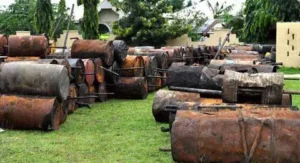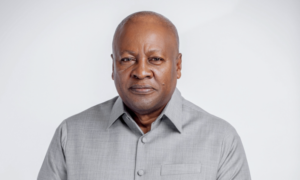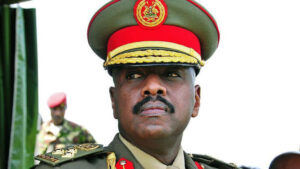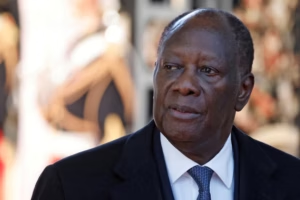
The debate over the 2024 presidential election in Ghana has intensified. John Mahama’s opposition faction has accused the Institute of Economic Affairs (IEA), the debate organizer, of favoring the incumbent New Patriotic Party (NPP). As the 7th December election nears, the call for debates by the IEA has ignited a political dispute.
Joyce Bawah Mogtari, John Mahama’s spokesperson, has expressed concerns about the IEA’s impartiality, citing their lack of consultation with the National Democratic Congress (NDC) before announcing the debates.
“The constitution of Ghana does not empower the IEA to conduct election-related activities,” stated Mogtari. “The absence of courtesy to inform the NDC of their intentions casts doubt on their motives, suggesting that the IEA may be a proxy for the NPP, aiming to skew the electoral process in their favor.”
In response, IEA chairman Charles Mensa denied these allegations, asserting that the institute had not approached any political parties or presidential candidates prior to their 17th July press release. He affirmed the IEA’s commitment to impartiality and its plans to formally invite all candidates.
“The IEA provides all candidates with equal opportunities,” Mensa declared. “Our goal is to offer a platform for candidates to communicate their policies to the Ghanaian electorate and to challenge their rivals’ policies. The IEA does not represent any political party.”
The impact of presidential debates on Ghana’s election results has been inconsistent. The IEA first held such debates in 2000; however, the candidate from the then-ruling party, John Mills, opted out of participating.
